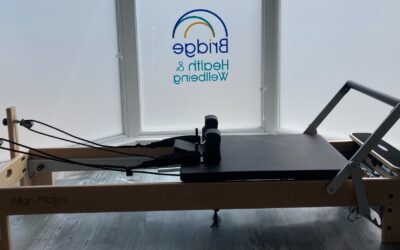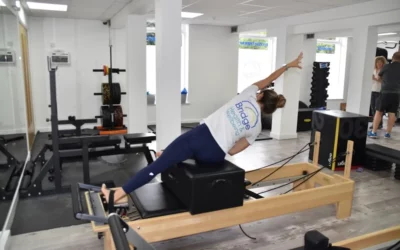At our clinic in Christchurch Dorset we have great experience in treating lower back pain, helping people relieve their symptoms through physiotherapy and then manage their backs with rehab classes, regular massage, Pilates or Yoga.
How common is lower back pain?
It has been reported that low back pain can affect as high as 84% of the adult population, with 60-80% of people being affected throughout their lifetime. Although it is rarely serious (see below), unfortunately recurrence rates are quite high.
Is it serious?
The majority of patients we see with lower back pain are classed as non-specific or mechanical back pain. Acute presentations can be extremely painful, but these symptoms should only last 4-6 weeks and respond well to treatment. It is so important to not just “put up” with any symptoms. Early assessment will not only help you work out what is wrong but also reassure you about your recovery. Your physiotherapist can then set out a progressive and realistic treatment plan to help you get back to good health.
There are some patients that fall into the serious or specific category. However, our expert physiotherapists are trained to assess for all the symptoms associated with serious back pain presentations and create the best treatment plan to address every individual client’s needs.

What causes it?
We can’t always be sure of the exact source of the problem. This is especially true if you are suffering non-specific back pain. The soft tissues around the spine can go into spasm and the joints at each spinal level can give pain. Discs and nerves can also be affected which can lead to things like sciatica. However, this is relatively common and does usually respond very well to treatment.
As physiotherapists, more and more we also look at people’s lifestyles. Stress, diet, lack of sleep and inactivity/activity avoidance are all linked to physical symptoms such as low back pain. Talking through lifestyle changes can make a big difference to your overall recovery.
How can we address it?
It is so important that you don’t stop doing things. Back pain can be extremely painful and disabling. But stopping activity that uses your back can actually compound the problem. We would always recommend having a full assessment with a physiotherapist to first rule out anything sinister. We will then work with you to come up with a treatment plan, identifying your individual wellness goals and targets. Treatment usually involves some hands-on work alongside a programme of exercises. These are reviewed and adjusted week by week, as your recovery progresses.
To speak to our physiotherapist Paul about your lower back pain or book your physiotherapy appointment at our health and wellness centre on Bridge Street in Christchurch, Dorset, please contact us on 01202 473800 or email info@bridgehw.com.

Paul O’Connell (MSC, BSC, HCPC, MCSP) is a physiotherapist with two decades of clinical expertise. He has worked right across the UK, from North Yorkshire and London to Hampshire and Dorset. Sports medicine is one of his areas of special interest: he has worked both on the touchline and in sports injuries clinics, and now lectures on the Sports Therapy programme at Bournemouth University. Having spent several years managing physiotherapy and health assessment teams in two key Nuffield Health hospitals, Paul also has an extensive understanding of orthopaedic surgery.



